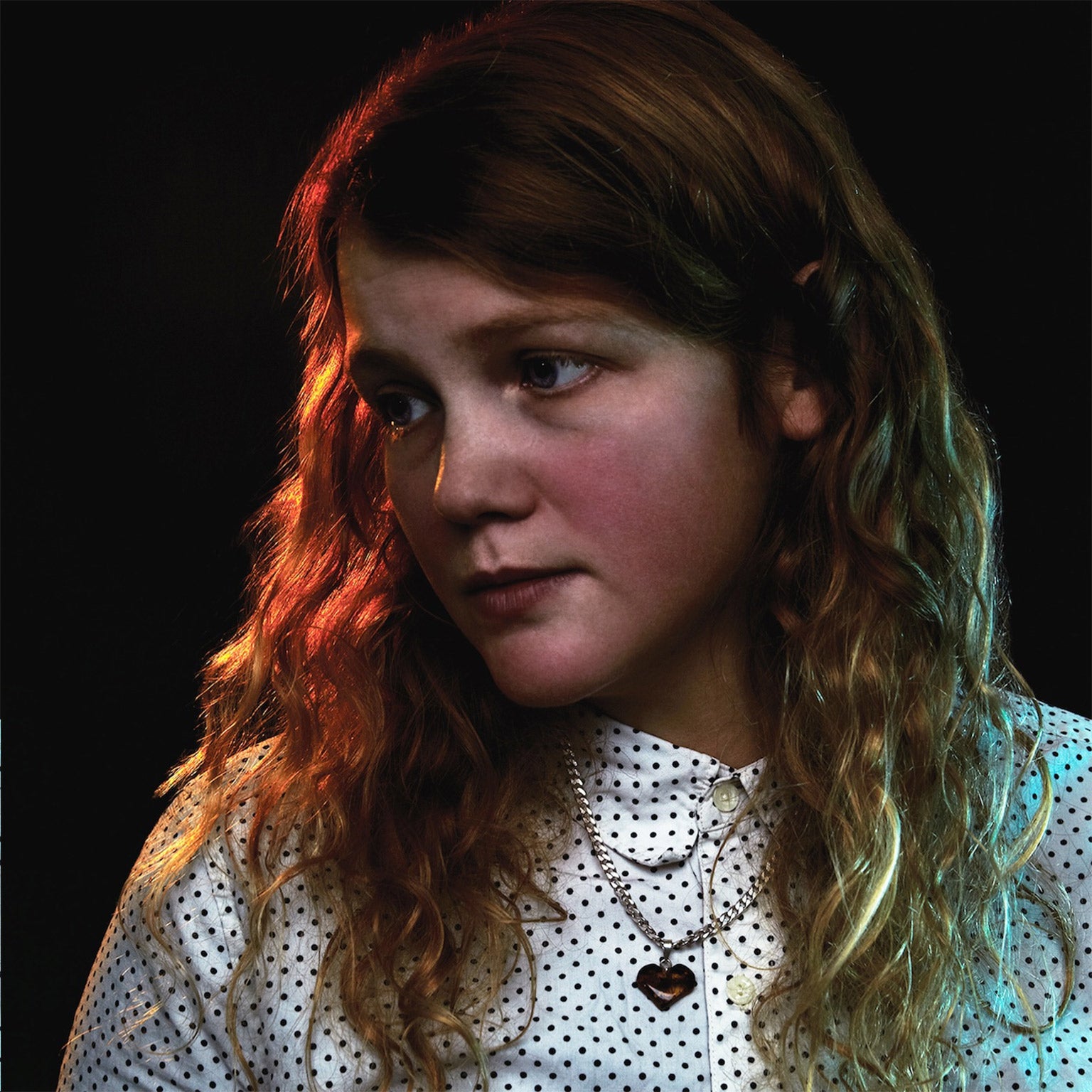It has all come together with a bang for Kate Tempest: a Ted Hughes award, a lucrative novel contract, a play production, a place in the line-up of Next Generation poets, and now a Mercury Prize nomination for her album Everybody Down, all in swift succession.
But like most overnight sensations, this one has been long brewing; Tempest has over a decade of work behind her, from her early days, rapping in south London clubs, to festival stages and theatres.
Her poetry debut Everything Speaks In Its Own Way (Zingaro Books), featured poems that were densely paragraphed, edge to edge; they still seemed tied to performance, with a CD and DVD as part of the package.
The book-length poem Brand New Ancients, also published by Picador, won the Hughes award for its blend of music and verse and also works best in performance.
But with Hold Your Own, edited by poet Don Paterson, she has taken a leap towards more traditional “slim volume” verse.
That means more white space and conventional layouts. She can still put out a torrent of words, but there’s more room to breathe, more focus on stripping away rather than piling on. It’s also more personal than before; Hold Your Own contains touching poems to lovers.
In “India”, the poet, “passionately drunk /in love with two women”, asks one “to carve your name into the flesh of my arm/ with the blade of a Stanley knife”. After the pain, “the other woman I was in love with/ filled my open wound with ink”. Now permanently adorned with “INDIA” in capital letters, the poet wittily concludes, “people think I found myself in Goa”.
Her ear for rhythm and half-rhyme can be subtle: matching “sherbet” and “perfect”, “railing” and “plaything”, and other more fugitive echoes and beats.
At other times the thump becomes wearing: “Red morning./Blood on the tips of the thorns,/And the awning is dripping/With all of our scorn. We were born in/Days that will fill you with porn and with boredom …” overdoes the “aw” sound.
The story of Tiresias, the ancient Greek prophet blinded by the gods, who was both male and female in succession, frames and centres the collection.
Beyond Greek drama, it’s hard to see what Tempest’s poetic influences are. A Blakean list of aphorisms, “These things I know” follows on from “13 Commandments” in the first collection, and feels more introspective. “It’s okay to feel alone./Usually you are./That’s what poetry’s for,” runs one.
“You’ve only yourself to blame when someone half as talented as you ends up achieving twice as much.” And, fatefully, “Fame is the worst thing that could happen to your reputation.”
This collection feels like a game-changer. Tempest has forged her own voice, unlike anything else in the mainstream poetry world; here’s someone more likely to have been shaped by Wu-Tang Clan than Sylvia Plath (and, for casting off the dread hand of Plath alone, she deserves our praise).
Her awesome live performances should be studied by every dozy poet with poor mic skills, clutching poems in a shaky hand.
Subscribe to Independent Premium to bookmark this article
Want to bookmark your favourite articles and stories to read or reference later? Start your Independent Premium subscription today.


Join our commenting forum
Join thought-provoking conversations, follow other Independent readers and see their replies